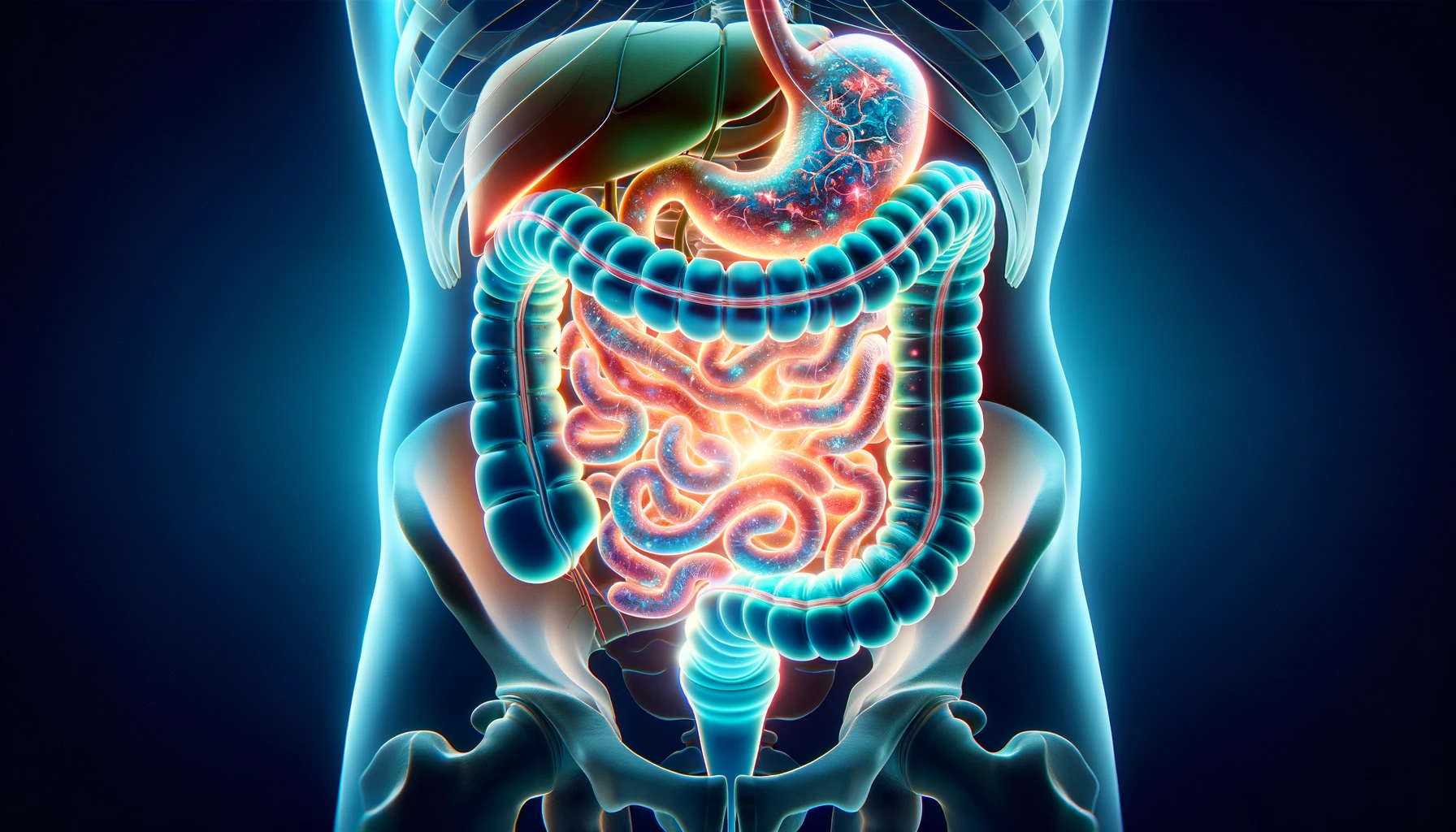Understanding Colon Cancer Screening
Terry Power

Colon cancer is a serious health concern that affects a significant number of individuals. Understanding the importance of colon cancer screening is crucial for early detection and treatment.
This informational guide aims to provide a comprehensive overview of colon cancer screening, its various options, and the benefits of early intervention.
By prioritizing your health and well-being, you can take proactive steps to safeguard against this disease. Whether you are a healthcare provider or someone who desires to serve others, this resource will equip you with the knowledge necessary to educate and empower individuals in their journey towards optimal health.
Together, we can work towards raising awareness and promoting the early detection of colon cancer, ultimately saving lives.
Importance of Colon Cancer ScreeningColon cancer screening is a crucial step in early detection and prevention of the second leading cause of cancer-related deaths in the United States. It is recommended that individuals aged 50 and above undergo regular screening to detect any abnormalities in the colon at an early stage.
One of the main concerns for individuals considering colon cancer screening is the cost involved. While the cost of screening can vary depending on the type of test and the healthcare provider, it is important to note that many insurance plans cover the cost of screening for individuals who meet the recommended age and risk criteria.
Another concern is the potential risks associated with colon cancer screening. While rare, complications such as bleeding or perforation of the colon can occur. However, the benefits of early detection far outweigh the potential risks, making colon cancer screening a vital tool in the fight against this deadly disease.
Who Should Get Screened for Colon CancerRegular screening for colon cancer is recommended for individuals aged 50 and above, in order to detect any abnormalities in the colon at an early stage. However, it's important to note that age recommendations may vary depending on an individual's risk factors. Certain risk factors, such as a family history of colon cancer, personal history of inflammatory bowel disease, or genetic conditions like Lynch syndrome, may warrant earlier and more frequent screenings. To help you understand the age recommendations and risk factors better, here is a table summarizing the general guidelines:
Age Group Screening Recommendation
50-75
Regular screening every 10 years with colonoscopy or FIT test
76 and above
Individualized decision based on overall health and life expectancy
Below 50
Early screenings may be necessary based on risk factorsDifferent Colon Cancer Screening Options
There are various options available for screening colon cancer. Two common options are virtual colonoscopy and stool DNA test.
A virtual colonoscopy, also known as CT colonography, is a non-invasive procedure that uses X-ray technology to create detailed images of the colon. It allows doctors to examine the colon for polyps or other abnormalities without the need for a traditional colonoscopy. Virtual colonoscopy is less invasive and doesn't require sedation, making it a more comfortable option for some patients.
On the other hand, a stool DNA test is a non-invasive test that looks for DNA changes in the stool that may indicate the presence of colon cancer or precancerous polyps. This test can be done at home and involves collecting a stool sample and sending it to a laboratory for analysis. It is a convenient option for individuals who may be hesitant or unable to undergo a colonoscopy.
Both virtual colonoscopy and stool DNA test are effective screening options for colon cancer. However, it's important to consult with a healthcare professional to determine which option is best suited for individual needs and circumstances.
Benefits of Early Detection and TreatmentOne significant advantage of early detection and treatment of colon cancer is the potential for improved patient outcomes. Detecting colon cancer at an early stage allows for more effective treatment options, which can lead to better chances of survival and increased quality of life for patients.
Early detection also means that the cancer may be easier to remove, reducing the need for more extensive surgeries or treatments. Additionally, when colon cancer is detected early, it is more likely to be localized and has not yet spread to other parts of the body. This reduces the risk of complications and increases the likelihood of successful treatment.
It is important for individuals to be aware of the early warning signs of colon cancer and to undergo regular screenings as a means of reducing their cancer risk. By detecting colon cancer early and initiating prompt treatment, patients have a greater opportunity for successful outcomes and improved overall well-being.
Prioritizing Your Health and Well-beingTo prioritize your health and well-being, it is essential to emphasize the importance of early detection and treatment for colon cancer. However, it is equally important to prioritize self-care and maintain a healthy lifestyle. Here are three key ways to prioritize your health and well-being:
Regular Exercise: Engaging in regular physical activity can help reduce the risk of colon cancer and improve overall health. Aim for at least 150 minutes of moderate-intensity exercise or 75 minutes of vigorous-intensity exercise each week.
Healthy Diet: Adopting a healthy eating plan that is rich in fruits, vegetables, whole grains, and lean proteins can help lower the risk of colon cancer. Limiting processed foods, red meat, and sugary drinks is also important.
Stress Management: Chronic stress can negatively impact health. Prioritize stress management techniques such as meditation, deep breathing exercises, or engaging in hobbies to promote overall well-being.
